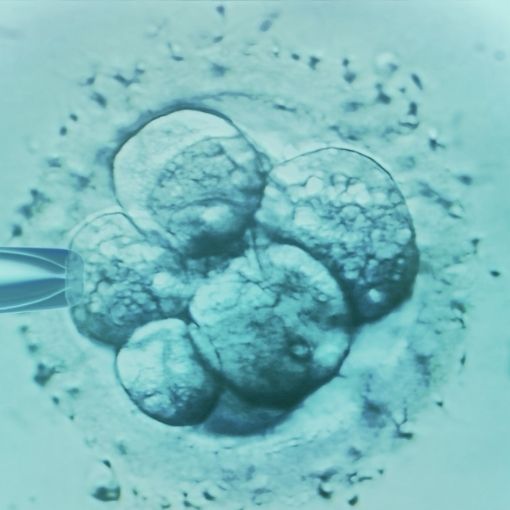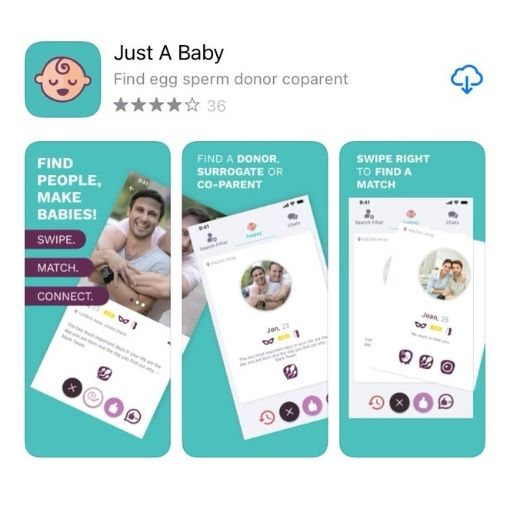If you’re considering IVF as an option to start or expand your family, I’m sure you have many questions. For example, you’re probably wondering how long the IVF treatment process takes.
Unfortunately, there’s no one-size-fits-all answer to this question, but in this article, I will try to give you a general idea of what you can expect.
What Is IVF?
First of all, let’s talk about what IVF actually is. IVF stands for in vitro fertilisation, a type of assisted reproductive technology (ART) that combines eggs and sperm in a lab to create embryos. These embryos are then transferred into the uterus, where they can hopefully implant and result in a pregnancy.
How long does IVF treatment take?
So, how long does the IVF process take? Well, it typically takes around 4-6 weeks from starting medications to embryo transfer. Here’s a breakdown of what that timeline might look like:
Week 1-2: Ovarian Stimulation
The first step in the IVF process is ovarian stimulation. This involves taking medications to encourage the ovaries to develop multiple eggs. This phase usually lasts 8-14 days, and during this time, you’ll likely be going in for regular monitoring appointments to track your progress.
Week 3-4: Egg Retrieval
Once your eggs have matured, you’ll undergo a minor surgical procedure to have them removed from your ovaries. This procedure usually takes less than an hour and is done under sedation.
Week 4-5: Fertilisation and Embryo Development
After your eggs have been retrieved, they’ll be fertilised with sperm in a lab to create embryos. This process can take anywhere from 1-5 days, depending on your clinic’s specific protocol.
Week 5-6: Embryo Transfer and Waiting Period
The final step in the IVF process is embryo transfer. This is a quick and painless procedure where the embryos are placed into the uterus. After that, you’ll have to wait about two weeks before taking a pregnancy test to see if the IVF was successful. We know this bit is super hard, and we feel your pain while you wait!
Of course, every individual’s journey with IVF is unique, and there can and will be variations in the timeline depending on your specific circumstances. But hopefully, this gives you a good idea of what you can expect.
It’s worth noting that the IVF process can be emotionally and physically challenging, and it’s important to have a support system in place to help you through it. But if you’re willing to go through the ups and downs, IVF can be an incredibly rewarding way to start or expand your family. If you are considering going for IVF, don’t forget to join our new Hoopsy fertility community for advice, support and more!




